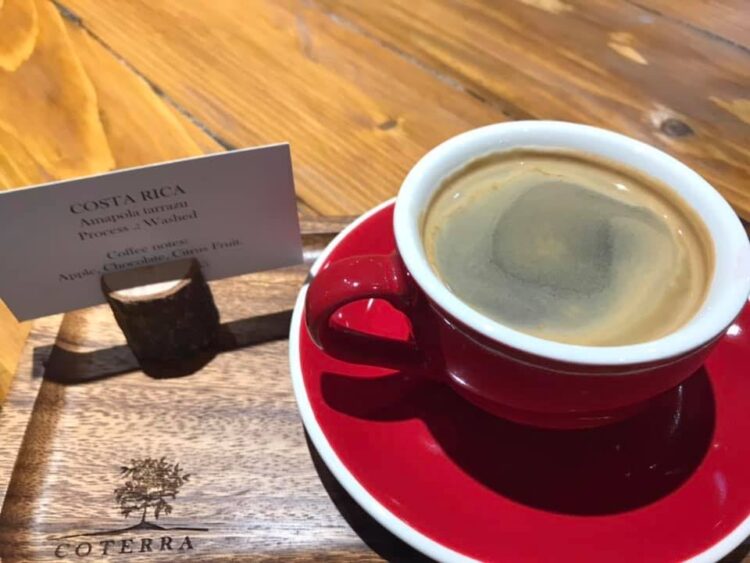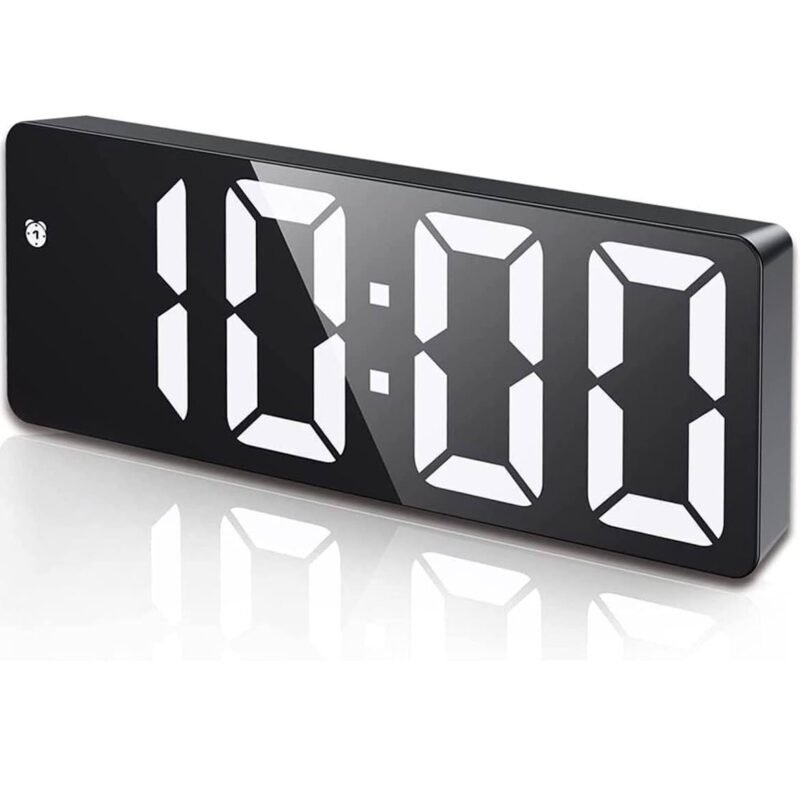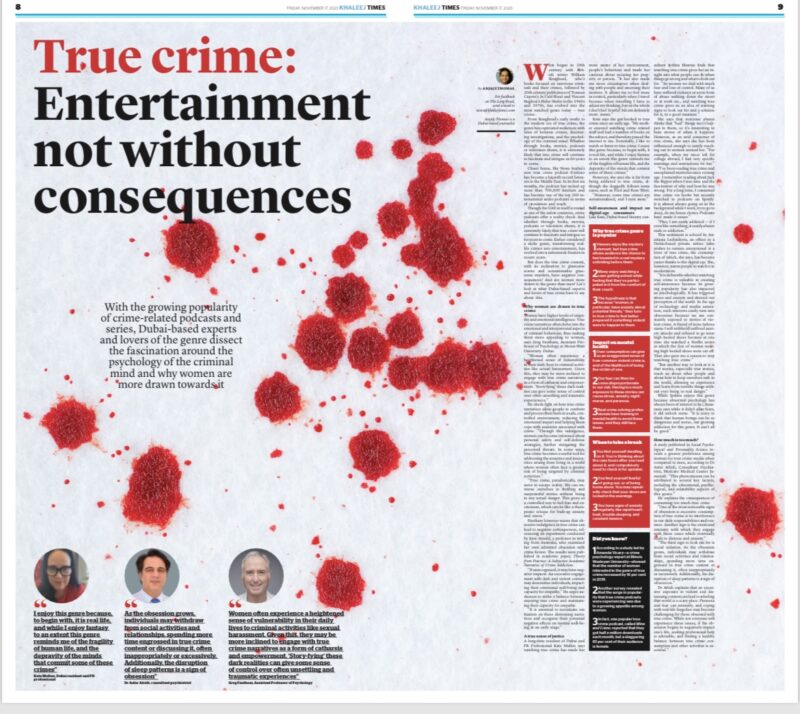Table of Contents
(Image courtesy: Google)
Worldwide, a survey by GlobalData found that nearly half of consumers plan to buy secondhand holiday gifts this year, with Gen Z driving the trend. The survey also found that as the stigma of secondhand diminishes and wastefulness is going out of style, more consumers plan to gift secondhand or pre-loved products this year.
Dubai-based Angelo de Guzman, marketing and communications lead at Grand Plaza Mövenpick frequently gifts second-hand books and vintage items. Year round, he visits pre-loved bookstores or antique shops in search of unique gifts his friends like and wraps them in beautiful colours. “This practice maybe unorthodox”, he says, “but it always makes them happy. I curate a list of things they want, and I always tell them the origins of the items. My friends love it, they say it’s like carrying forward someone’s stories and making it their own.”
To Angelo, the beauty of a gift is in its journey. “Because it is the journey of love.”
Giving used gifts doesn’t need to be boring or unglamorous. So, if you’ve been thinking about taking the plunge, this might be the time for it. Angelo is one of the many people who have found creative ways to give holiday gifts without overspending. Let us see what other Dubai residents have to say about this.
A welcome cultural shift
“In the UAE’s stunning cities filled with modern wonders, there’s a growing love for old treasures. People are starting to see the beauty in second-hand items. Among these, books stand out as popular gifts. They’re not just ordinary presents; they’re seen as valuable gifts filled with knowledge and enchanting stories; way more special than just buying something new from a store,” says Grace Karim, Dubai-based founder of Bookends, Silicon Oasis.
“Lately, we’ve seen more people coming in wanting to buy used books as presents. There’s something special about an old, well-loved book or a vintage edition and it is even more appealing than buying a brand-new book. Classics, rare editions, and books about specific topics have become really popular choices when it comes to picking gifts,” she explains.
According to her, this emerging trend is a testament to a growing consciousness embracing sustainability, uniqueness, and the intrinsic value of well-loved possessions. “As a used bookstore owner, we find great joy in witnessing this cultural shift.”
Co-founder of Bookends Somia Anwar chips in. “I’ve been gifted pre-owned books and jewellery. A dear friend once gave me a highlighted book with brief notes, and as I read it, I vividly relived cherished moments.”
She is happy to see Gen Z is leading the way in this. “Clearly, they care deeply about the environment and enjoy unique things. This is a cue for others to follow suit.”
In the interest of greater good
Dubai-raised martial artist and marketing professional Arnab Ghosh thinks it’s great that objects that (had once, at least) brought joy to one person get a longer life and expand their usefulness by being gifted to another. “Otherwise, it would be such a shame to discard something just because it’s no longer needed or wanted by the owner,” he says.
He believes that this trend is not entirely new to Dubai. “As a teenager, when going to house parties, be it a birthday or a festive occasion we would give and receive re-gifted items. They weren’t always used, and many items were just new but not wanted by the giver.”
“There are stores in Dubai selling pre-owned, high-end brands of clothing, accessories, etc. Interestingly, bags, purses, watches, and gowns seem to be the most popular items. In fact, In Japan, kimonos — especially the more elaborate and elegant festive and wedding kimonos – have been a popular pre-owned item for decades now. A new kimono may be expensive but is considered unnecessarily extravagant.”
Arnab is all for encouraging people to change their perspective because he believes it will benefit everyone in several ways. “For example, it becomes easier for some people to afford and enjoy a luxury brand.
Why just throw away something that’s no longer used or liked or needed? Isn’t it better to let someone else benefit from those things?”
For Arnab, the most precious pre-owned gift he received was a gi (Karate uniform) that his teacher had owned. “It was a brand that I had only heard of, but never thought I’d get to wear one. I was thrilled when my teacher gifted it. It was an honour for me to adorn the uniform of my teacher.”
Meanwhile Dubai based entrepreneurs Jean and Kris Pangan, founders of LitraTwo Creatives, Dubai have this to say:
“In the spirit of gifting and sustainability, together with friends and family, we have adopted a regifting trend every year. We focus on repurposing and crafting unique gifts from pre-loved items, like turning excess candle wax into personalised candles and imprinting minimalistic designs on favourite shirts. Even paper bags find new life in our hands,” explains Jean.
“This initiative mirrors the global trend of gifting pre-loved items, pushing for eco-conscious practices. In Dubai, this trend is gaining ground, echoing the city’s growing interest in repurposed and regifted goods. The rising popularity aligns with a broader movement towards sustainable living. It’s not just a trend; it’s a step towards a more mindful and sustainable future, one we’re excited to be a part of.”
According to her partner Kris, supply chain disruptions mean that some brands have limited inventory. And inflation is resulting in higher prices in many stores. “Today’s consumers have a mindful approach to shopping and global move towards sustainability has meant wearing preowned fashion is now as much a badge of honour or signifier of virtue as much as it is about looking good.”
Thrift markets lead the way
Dubai-based Catherine McEvoy operates Baby Bazaar, a market for quality pre-loved children’s items as she believes that it allowed families to get more for less.
“Kids do not mind at all if items are pre-loved! Buying second hand allows parents to buy items that they might not usually be able to afford or justify, it also supports recycling and reusing, which is something I’m very passionate about. It also allows children to learn the value of money and allows them to get more for their money if they are spending their own pocket money.”
She has watched the second-hand market grow and develop in the last decade in the UAE with people having a positive outlook on this trend.
Following the success of Baby Bazaar, Catherine launched the Thrift Market in 2023 for people to buy and sell all things second hand; household items, adult clothes and such like. “There is definitely a growing awareness of re-using and recycling. Books, household items and quality toys are incredibly popular at our markets and so is clothing. They make for such fantastic gifts.”
Having received her two favourite wedding presents that were pre-loved (an antique Wedgwood china platter and a cushion made from leftover fabric scraps from hers and her bridesmaid dresses), Catherine is all for regifting. “They are both such special, unique items and I love them even more due to their history and the thoughtfulness of those who gifted them.”
Considering the environmental aspect, Catherine says there are many reasons for this trend to be encouraged. “The figures on landfills are frightening, globally 1.3 billion tonnes of waste go into landfills annually, buying pre-loved will reduce this and I believe every little helps. Plus, you’ll get so much more for your money. Buying pre-loved is a win-win situation.”
Alyssa Mariano, founder of Bazaara app for pre-loved items, is happy to see people catching on to the pre-loved movement. “Shopping secondhand is a huge trend in the west, and it’s only a matter of time before it becomes the go-to shopping choice for this region. Many prefer to now shop pre-loved instead of new, to find unique items that their receiver can’t find anywhere else, making it a memorable gift for that person. For example, you can find vintage pieces such as old-school records, vintage luxury handbags, vintage jewellery, and more. Who wouldn’t love a vintage necklace from the 1980s?”
What is even more exciting, she exclaims, is that each year there is an increase in new buyers coming onto Bazaara during the holiday season for gifts. “Consumption is at an all-time high, specifically with fast fashion brands and marketplaces that promote low-quality goods, and this is detrimental to the environment. For example, the fashion industry is one of the worst polluters. When people buy secondhand clothes (instead of new), it not only saves 5.9 pounds of CO2 emissions on average (for the fashion industry), but also helps consumers who can find cool, unique, one-of-a-kind items on secondhand marketplaces.”
Alyssa is a pre-loved fanatic, and her family and friends only buy her secondhand items. “For example, I love nothing more than receiving a rare, vintage bag that not many other people will have.”
Children join the trend
Compare that to the shock Dubai-based real estate agent and blogger at DubaiMums Clementina Kongslund experienced when she found out that her daughter aged nine had gifted her friend one of her dresses.
“At first, I couldn’t believe it,” she says. “I explained to her how we didn’t gift second-hand items. But looking back I realised it was okay to do so, especially because it made her friend very happy. My daughter told me how her friend was delighted to receive the gift because it was a special item to mark the occasion”.
Clementina says she approves this idea as long as it is made clear to the person receiving it that it was regifted. “Of course, I wouldn’t go down the way of gifting junk we don’t need any more but gift something they need. This works with kids because they don’t have social norms instilled in them and they simply see the joy of being gifted something. They are just happy to give and receive and gift something.”
She admits she would consider regifting or receiving anything new or second-hand if she wants it





Touching and deep insight into the subject of caring
Such an inspiring read